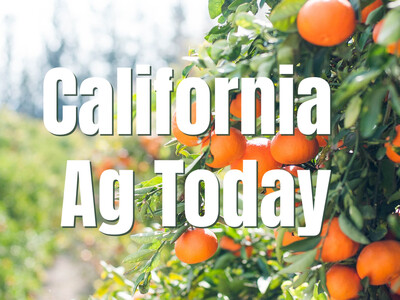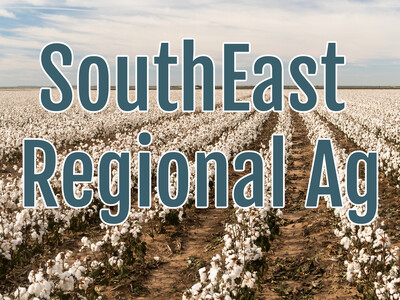Australian Beef & Heated Exchange Over Water
Australian Beef & Heated Exchange Over Water plus Food Forethought. I'm Greg Martin with today's Northwest Report.A heated debate took place last Thursday as House ag lawmakers accused USDA's Natural Resources Conservation Service of being complicit in EPA's planned expansion of its waters jurisdiction to the possible detriment of ag conservation. Oregon Democrat Kurt Schrader joined Republicans to charge NRCS is complicit with EPA and the Army Corps in the largest land grab ever - one that may discourage conservation practices and should be withdrawn. Schrader went afterNatural Resources Under Secretary Robert Bonnie.
SCHRADER: There are farmers and ranchers across this country that do not want to have this rule in any way, shape or form. Did you or did you not have a public hearing and comment period before the interpretive rule?
BONNIE: No we did not.
SCHRADER: No you did not! Any God fearing environmentalists would have your head. Heck, they'd be living in trees around your house for gosh sakes for not having that.
Stating that the cannot find enough "Responsibly raised beef," Chipotle CEO Steve Ellis announced that his company would look to Australia for their beef products much to the chagrin of the U.S. beef industry. Now U.S. cattle producers and industry leaders have taken a stand and are speaking up. Texas Ag Commissioner Todd Stables said in a letter to Ellis he is shocked by the company's decision to start serving meat that's been shipped in from more than 8,000 miles away and is dismayed by Chipotle's misguided and irresponsible declaration that the Australian meat is somehow more responsibly raised than meat produced in the United States.
Now with today's Food Forethought, here's Lacy Gray.
A fast grower and a hearty survivor, the tree-of-heaven has been considered a Class C noxious weed in Washington since 2012. Native to China and Taiwan, it's an attractive tree with grayish bark and small clusters of light green or yellow flowers. But its fast growing and its reproductive prowess has caused it to outcompete native plants, allowing it to come up along forest edges, woodlands, fence rows, roadsides, old fields, urban parks, and even through cracks in cement. The tree-of-heaven also leaches a variety of allelochemicals into the soil that have demonstrated toxic effects on neighboring plants. It's a prime example of an invasive plant that can end up causing serious problems. All states have a list of problematic plants. With summer being the prime time for family vacations it's good to be aware of that, and that those "beautiful plants" along the roadside might not be the best thing to bring back as a souvenir. What you thought would make an attractive landscape addition might end up being your yard's, your neighbor's yard and your state's worst nightmare.
Thanks Lacy. That's today's Northwest Report. I'm Greg Martin on the Ag Information Network.














